Love burgers & fries? Read how the law is fighting to keep you healthy
Food products that are high in fat, salt and sugar (‘HFSS’) find a high demand amongst consumers, even as they are the cause of obesity amongst adults and children. Several global studies on the subject have forced local governments to review their policies on the marketing and sale of such food products. In India, the FSSAI regulates the marketing and advertising of HFSS products. Part 28 of the series of articles on Misleading Ads by Advocate Aazmeen Kasad, serves to demystify and provide an in-depth understanding of what HFSS products are, why they pose a health risk, what the policy of the regulator on the same is, in India and other parts of the world.
India is now facing the triple burden of malnutrition, where undernutrition, micronutrient deficiencies and excess intake of calories resulting in overweight and obesity, coexist. Childhood obesity is also emerging as one of the major health concerns for India. Overweight and obese children are more likely to develop non-communicable diseases (NCDs) during early adulthood including a range of chronic conditions such as diabetes, cardiovascular disease, hypertension and dyslipidemia.
Diet is likely to be one of the important precursors of overweight, obesity and development of NCDs. The practice of consumption of foods high in salt, sugar, fat or calories and with low nutrient content. What are HFSS food products? HFSS foods have been defined as foods (any food or drink, packaged or nonpackaged) which contain low amounts of proteins, vitamins, phytochemicals, minerals and dietary fibre, but are rich in fat (saturated fatty acids), salt and sugar and high in energy (calories) that are known to have negative impact on health if consumed regularly or in high amounts. Some examples of HFSS food products are noodles, burgers, patties, pastries, popcorn, potato chips, carbonated drinks, biscuits, muffins, chocolates, etc., which have become a common feature of children’s diet and may pose a health risk if consumed regularly. Easy availability and access to unhealthy foods in school canteens and its vicinity is being seen as a contributing factor to childhood obesity.
In 2015, the Delhi High Court had ordered the Food Safety and Standards Authority of India (FSSAI) to regulate junk food being sold in school canteens. In 2019, the FSSAI has regulated the marketing, advertising and sale of HFSS foods to children to address the concern of childhood obesity by notifying the Food Safety and Standards (Safe food and healthy diets for School Children) Regulations, 2019.
Per the Food Safety and Standards (Safe food and healthy diets for School Children) Regulations, 2019, it is incumbent on every school authority to ensure that no person shall offer or expose for sale of pre-packaged foods which are referred to as foods high in fat, salt and sugar as per the Food Safety and Standards (Labeling and display) Regulations, 2019 to school children in school canteens/ mess premises/ hostel kitchens or within 50 meters of the school campus.
Food Business Operators manufacturing HFSS food products are banned from advertising or offering for free, sale of such foods to children in school premises or within 50 meters of the school campus.
Schedule I, which provides the guidance for selection of the food items to be provided to school going children, discourages availability and sparing consumption of HFSS foods - Deep fried foods, such as french fries, fried chips, samosa, chola bhatura, gulab jamun, etc., sugar sweetened carbonated or non-carbonated beverages, ready to eat food, noodles, pizzas, burgers, Confectionery items, sugar and sugar based products, etc.
In November 2019, the FSSAI issued show cause notices to McDonald’s for contravening the provisions of Food Safety and Standards (Advertising and Claims) Regulations, 2018. Taking cognizance of a full page advertisement by McDonald’s in New Delhi and Mumbai newspapers that said “Stuck with Ghiya-Tori Again? Make the 1+1 Combo you love”, the FSSAI’s designated officer at New Delhi and Mumbai issued the notices inquiring why further action should not be initiated against McDonald’s for the said ads. Pawan Agarwal, Chief Executive Officer, FSSAI, commented, “The food companies must desist from issuing advertisements/ publicity materials which are in violation of Food Safety & Standards Act, 2006 and rules/ regulations made there under. The FSSAI is committed to ensure the availability of safe and wholesome food for all citizens of the country through various means like education, awareness building and regulatory enforcement and to achieve these goals the Eat Right campaign is going on across the country.” The FSSAI also released a press statement vide which they rapped the knuckles of the FBOs which disparage the consumption of freshly cooked food in their ads. “Tendency of the food companies to disparage freshly cooked food and vegetables that are healthier is a matter of grave concern. Such advertisements are against national efforts for promoting healthier and right eating habits, especially in the children from a young age, with the aim to ensure safe and wholesome food for them so that the kids feel better, grow better and learn better,” FSSAI stated in their official statement.
The FSSAI has not restricted the regulation of the consumption of HFSS food products to children alone. They have also launched several initiatives targeted at adults to reduce the consumption of HFSS food products.
The Department of Health and Social Care, United Kingdom has been conducting a consultation on ‘Restricting promotions of Products High in Fat, Salt and Sugar by location and by Price’ over the past few years. It is expected that by mid-2021, the United Kingdom will enforce a legislation with an aim to significantly improve the food environment and, therefore, play a key role in achieving the government’s ambition to halve childhood obesity by 2030.
In the UK, the independent advertising regulator Advertising Standards Authority banned Burger King’s Whopper ad for misleading consumers into believing that it is plant based, when it is not. Ten complainants came forward with allegations that the burger was not suitable for vegetarians, vegans, or those with egg allergies as it was cooked alongside meat products and contained egg-based mayonnaise. ASA considered the presence of the "Vegetarian Butcher" logo, the green colour palette and the timing of the product release and its advertisement to coincide with 'Veganuary', which further led to misleading information. The regulator held that although the patty itself was plant-based, it was cooked on the same grill as meat products and also contained egg-based mayonnaise. With that reasoning, it made clear that the ads must not appear again in their current form. The advertisement had to be revised to advise consumers accordingly.
Under the Consumer Protection Act, the Central Consumer Protection Authority will regulate matters relating to violation of rights of consumers, unfair trade practices and false or misleading advertisements which are prejudicial to the interests of public and consumers to promote, protect and enforce the rights of consumers. This Authority is headquartered in the National Capital Region of Delhi and may have regional and other offices across India.
Per Section 2(1) of the Act, an ‘advertisement’ means any audio or visual publicity, representation, endorsement or pronouncement made by means of light, sound, smoke, gas, print, electronic media, internet or website and includes any notice, circular, label, wrapper, invoice or such other documents. Therefore, this includes advertisements not only on the traditional media such as print, radio or television advertisements but also includes packaging, point of sale material, etc. Advertisements on the Internet, including social media such as ads posted on Facebook, Instagram, Twitter, LinkedIn, etc., also fall within the purview of the Act, as do advertisements on websites, which includes the advertiser’s own website(s).
A ‘misleading advertisement’ in relation to any product or service, is an advertisement, which (i) falsely describes such product or service; or (ii) gives a false guarantee to, or is likely to mislead the consumers as to the nature, substance, quantity or quality of such product or service; or (iii) conveys an express or implied representation which, if made by the manufacturer or seller or service provider thereof, would constitute an unfair trade practice; or (iv) deliberately conceals important information. Thus, any advertisement which expressly or impliedly misleads consumers about the product or service will also be considered as misleading in nature.
A complaint relating to any false or misleading advertisements may be forwarded either in writing or in electronic mode, to any one of the authorities, namely, the District Collector or the Commissioner of regional office or the Central Authority. After a preliminary enquiry is made, if the Central Authority is satisfied that a prima facie case exists, an investigation shall be conducted.
Where the Central Authority is satisfied after conducting the investigation that the advertisement for which a complaint is received is false or misleading and is prejudicial to the interest of any consumer or is in contravention of consumer rights, it may, by order, issue directions to the concerned trader or manufacturer or endorser or advertiser or publisher, as the case may be, to discontinue such advertisement or to modify the same in such manner and within such time as may be specified in that order. If the Central Authority is of the opinion that it is necessary to impose a penalty in respect of such false or misleading advertisement, by a manufacturer or an endorser, it may, by order, impose on manufacturer or celebrity endorser a penalty which may extend to Rs 10 lakh: Provided that the Central Authority may, for every subsequent contravention by a manufacturer or endorser, impose a penalty, which may extend to Rs 50 lakh.
The Act introduces new provisions on ‘Misleading Advertisements’ and ‘Celebrity Endorsements’. Where the Central Authority deems it necessary, it may, by order, prohibit the celebrity endorser of a false or misleading advertisement from making endorsement of any product or service for a period which may extend to one year: For every subsequent contravention, prohibit such endorser from making endorsement in respect of any product or service for a period which may extend to three years. Where the Central Authority is satisfied after conducting an investigation, that any person is found to publish, or is a party to the publication of a misleading advertisement, except in the ordinary course of his business,it may impose on such person a penalty which may extend to Rs 10 lakh. The defence that the false or misleading advertisement was published in the ordinary course of business shall not be available to such person if he had previous knowledge of the order passed by the Central Authority for withdrawal or modification of such advertisement.
In light of the newly introduced provisions under the Act which came into force from July 20, 2020, it is advisable for both the advertisers and the endorsers to exercise caution in the claims that form part of the advertisement of the goods/ services. The ensuing Parts of the series will pertain to various aspects of what constitutes Misleading Advertising and key judicial precedents on the same.
Advocate Aazmeen Kasad is a practicing corporate advocate with over 20 years of experience, with a focus on the Media, Technology and Telecom industries. She is also a professor of law since 14 years. She is a member of the Consumer Complaints Council of the Advertising Standards Council of India. She is a speaker at several forums.



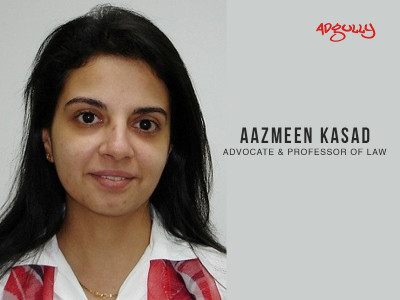
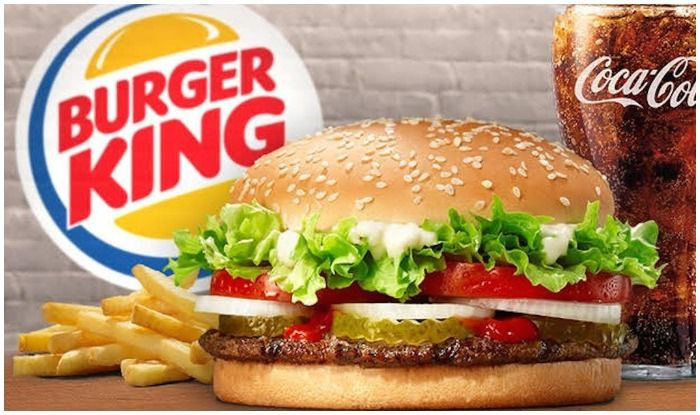
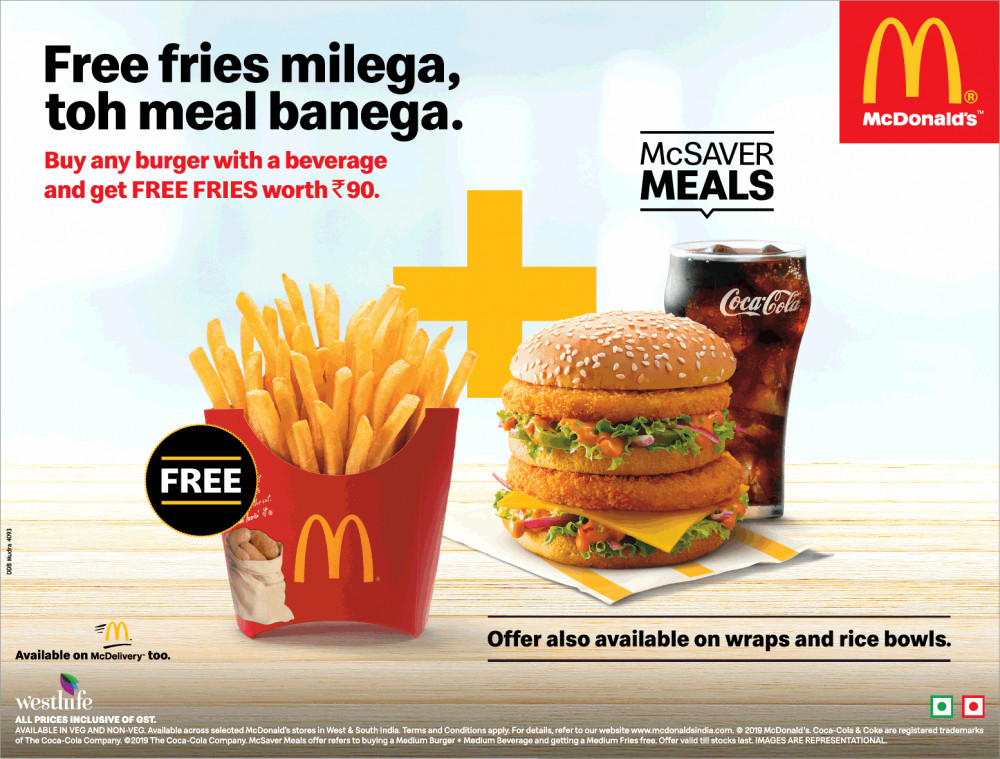
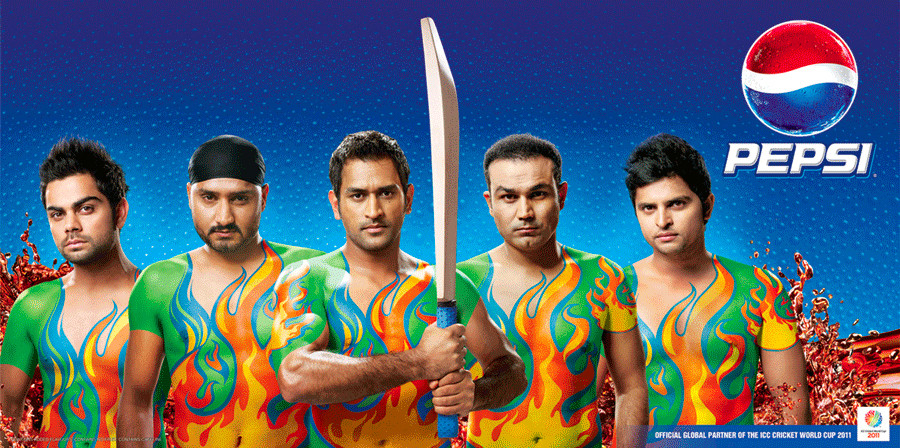
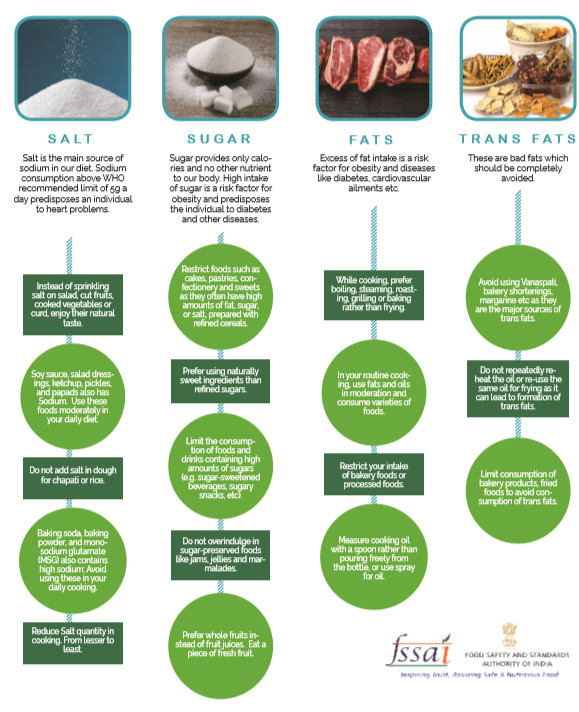
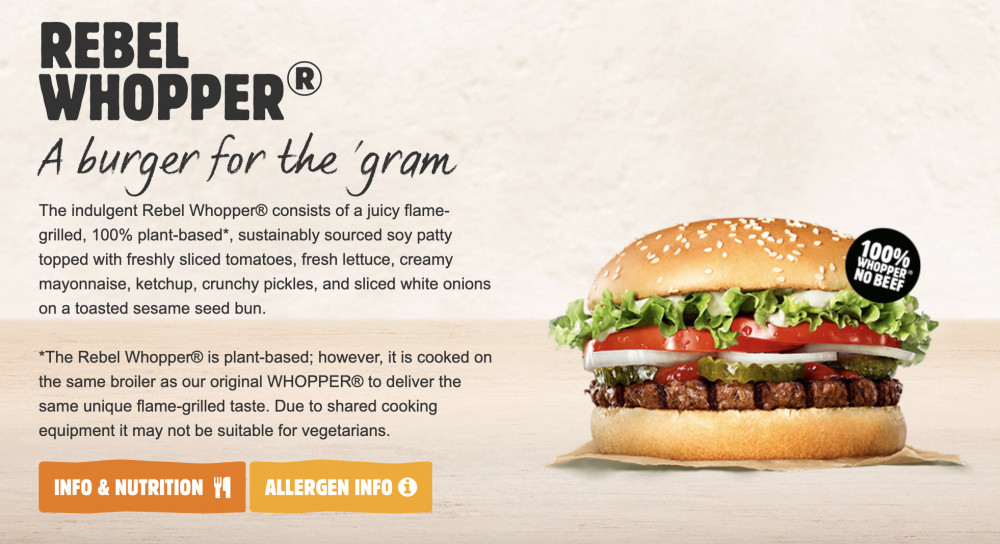




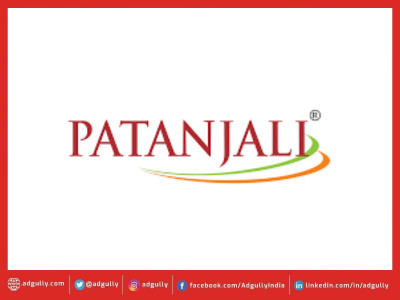





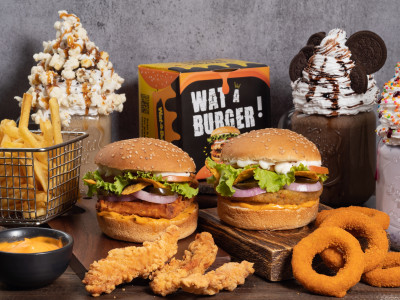




Share
Facebook
YouTube
Tweet
Twitter
LinkedIn